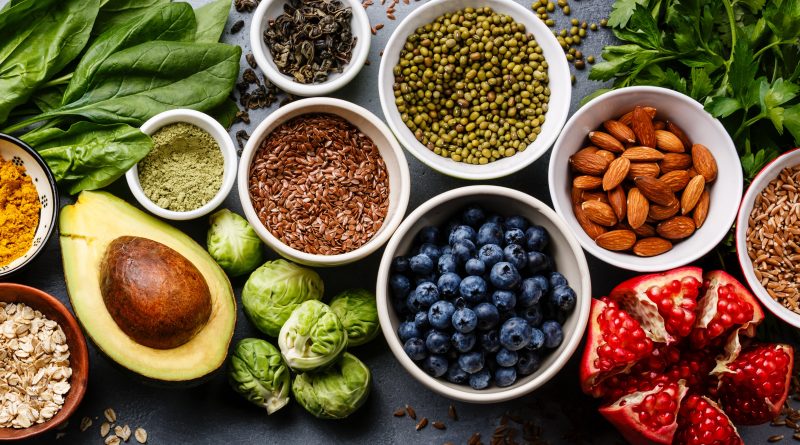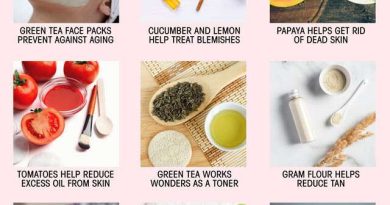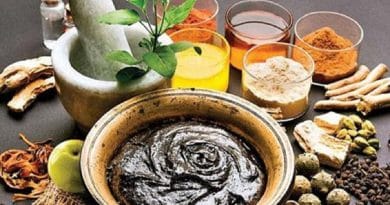Skin Care Tips – Antioxidants For All Natural Skin Care Protection
Antioxidants are the best natural skin care products you can get your hands on. They fight the free radicals that cause skin damage and signs of aging, boost your immune system and help skin repair and rejuvenate itself.
As we age, the body begins to form highly reactive chemicals called free radicals, which attack cells and oxidize flesh, scrambling the molecular makeup of skin and other tissues and starving the cells of vital oxygen.
The main victim, as far as your face is concerned, is collagen: the results of the free-radical damage is tough, leathery skin. By the age of 50, it is estimated that 30 percent of the body’s cellular protein has been damaged by free-radical activity. The results are wrinkles, under-eye bags, and creases.
Fortunately, the best weapon against free radicals is a certain type of nutrient that occurs naturally in many foods – antioxidants. These nutrients can slow down the oxidizing process and keep your skin looking healthy and younger for longer.
More than 100 antioxidants have been identified, but the main ones are beta-carotene; vitamins A, C, and E; selenium, and zinc. Vitamins C and E and beta-carotene are most effective if taken together, as they work in synergy. Other antioxidants include bioflavonoids, proanthocyanidins, and anthocyanidins.
Copper and magnesium may be taken as supplements. Beta-carotene is the plant form of vitamin A, which the body converts into vitamin A. It protects against the effects of ultraviolet light, boosts the body’s natural immunity, and can protect the skin from bacterial infection. Betacarotene is a carotenoid; others include lutein, zeaxanthin, and lycopene.
Vitamin A improves skin texture.
Vitamin C has a reputation for being the most potent antioxidant. It is also essential for the production of collagen, the elastic tissue in the skin that declines with age. Boosting your vitamin C intake may slow down the loss of collagen.
Vitamin E is probably the best-known skin nutrient. As an antioxidant, it works in tandem with selenium and has the most powerful action against free-radical damage caused by the sun. It also helps the skin to retain moisture, maximize its use of oxygen, and produce new cells where the skin has been damaged.
Selenium protects cells from free radicals and helps to counter dry skin. Along with vitamin E, it supports the immune system so it can help fight infection.
Zinc, like vitamin C, is vital to the manufacture of collagen. It speeds up the healing process where the skin has been damaged, and evens out pigmentation. It is vital to the immune system, and so helps to destroy the infection. A lack of zinc slows down skin healing and can lead to stretch marks and stubborn blemishes.
Bioflavonoids are a group of 500 compounds or more, some of which are potent antioxidants. They work with vitamin C to protect and condition connective tissue and capillaries.
Proanthocyanidins and anthocyanidins are less well-known members of the antioxidant club, but they can still claim elite status. In addition to their antioxidant activities, they enhance the antioxidant powers of vitamins A, C, and E. They are also believed to inhibit the enzymes responsible for the breakdown of elastin and collagen in the connective tissue.
Some particularly potent forms, known as oligomeric proanthocyanidins, are gradually being incorporated into anti-wrinkle skin care products, but they can also be consumed in green tea, turmeric, and grape seeds.
Coenzyme Q10 helps skin repair itself and is an effective free-radical fighter.




